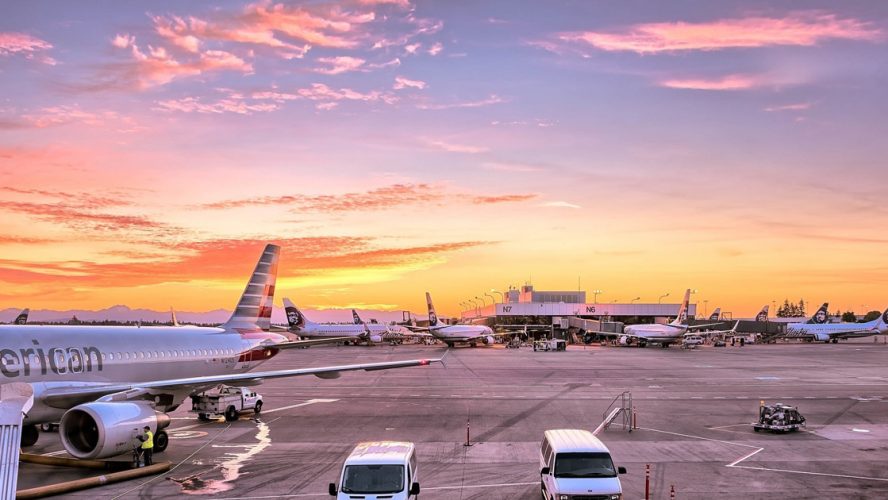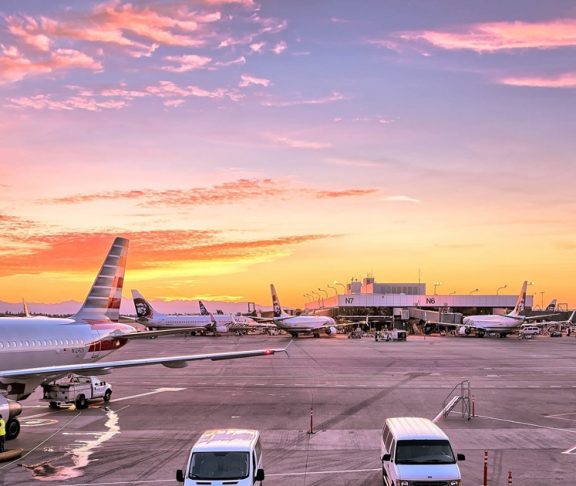What are the criteria driving the developments in the corporate travel industry? Increasingly sophisticated technology, travellers making their own decisions and the opening up of new markets all play a part.
The speed with which the corporate travel industry is changing is jaw dropping. Technology, developing markets and new business requirements all play a role in crafting the changes, while industry resolutions are also altering the corporate travel landscape forever.
“On the technology side, the International Air Transport Association (IATA) has a resolution in front of the Department of Transport in the USA to standardise the codes the airlines use when distributing products,” says Paul Tilstone, SVP of Global Operations, at the Global Business Travel Association.
“It will mean that, in theory, travellers will get exactly the same price when looking for an airfare regardless of the channel they use to search, such as a travel management company, an online aggregator or the airline itself. However, the prices that individuals are offered may vary depending on their passenger profile.
It’s possible that business travellers will be penalised by sophisticated profiling designed to increase airline revenues, but we just don’t know yet.”
In other developments, travelling arrangements in the future are likely to be dictated by just three pieces of information: the destination, the time the traveller needs to be there (not the time he or she needs to set out) and the time they need to be back.
Increasingly, business travellers are self-booking and these pieces of information are allied to matters of company policy, such as preferred brands of airlines or hotels.
Data, distribution and demand
As far as global perspectives go, Tilstone sees three important areas: data, distribution and demand. “Data is being collected and used really effectively by suppliers to create revenues,“ he says.
“From assessing which seats are in demand the most to priority boarding to ensure baggage in the limited cabin bin space, airlines are getting smarter.”
On the distribution front, there will be a further rise in ancillary fees and services: after the initial booking has been made, the business travellers are invited to upgrade to a better seat, use an airport lounge and so on. The suppliers want to create relationships, differentiate products and sell more.
And on the demand side, suppliers and those in corporations who manage travel are now beginning to realise that a one size fits all policy doesn’t work: travel in developed markets like Europe and the US is stagnant to slow, but developing countries are seeing nearly double digit growth, and policy must be shaped accordingly.
Flexibility is the key right now with the influx of the nextgen traveller. An individual might, say, stay in a city centre three star hotel when in situ for one purpose, but require a more secure, five star location when in less salubrious climes.
And as far as payments are concerned, companies are moving to integrated card and expense systems, but in many cases, especially developing markets, this is simply not possible. “Cash is sometimes still king,” Tilstone says.

